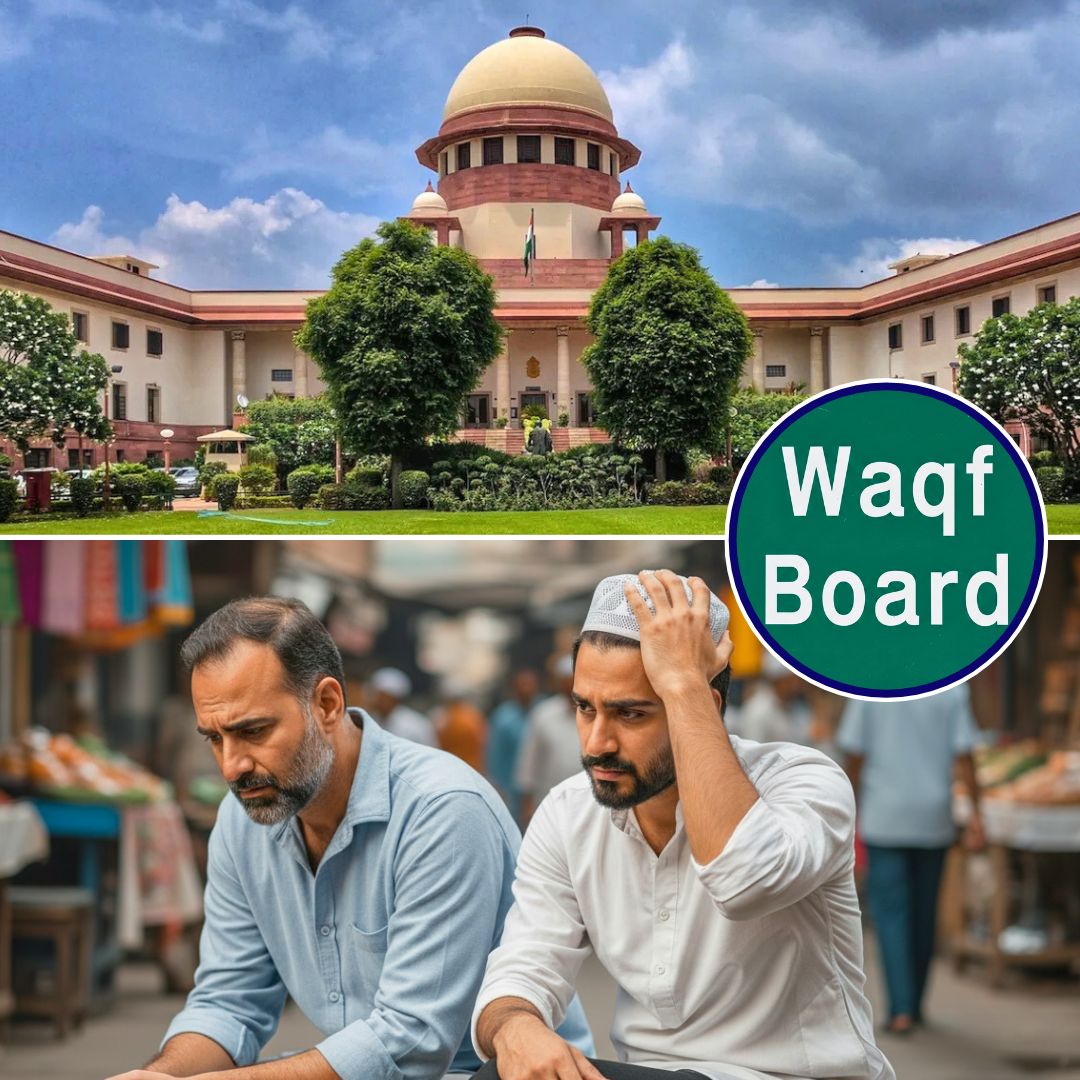The Supreme Court’s refusal to stay Section 3D of the Waqf (Amendment) Act, 2025 has stirred important conversation around faith, heritage, and law in India. The Court made it clear that protected monuments under ASI cannot be declared as waqf property, ensuring these sites receive appropriate conservation while upholding the right to customary religious practices.
Supreme Court Upholds Protection of Heritage Monuments
On 15 September 2025, the Supreme Court declined to suspend Section 3D of the Waqf (Amendment) Act, which voids any waqf declaration pertaining to properties classified as protected monuments or areas under the Ancient Monuments Preservation Act, 1904 or the Ancient Monuments and Archaeological Sites and Remains Act, 1958.
This means that monuments recognised for their historical and archaeological value cannot simultaneously hold waqf status, blocking any overlap between religious endowment and ASI conservation efforts.
Legal Reasoning: Customary Practices Can Continue
Petitioners in the case argued that the new provision would deprive individuals practising Islam from conducting religious activities at these monuments. However, the Union countered that waqf declarations had hindered ASI officials from protecting valuable sites.
The bench led by Chief Justice BR Gavai and Justice AG Masih addressed these perspectives in its interim order, quoting Section 5(6) of the 1958 Act: “Sub-section (6) of Section 5 of the said Act permits the citizens to continue with their customary religious practices even if such an area is a protected monument”. The judges stressed that the arguments against Section 3D “do not hold water,” establishing there is no legal bar to the practice of faith in protected monuments as long as heritage laws are respected.
Wider Implications: Reforming Waqf Administration
The Supreme Court verdict also emanated broader consequences for waqf management in India. While Section 3D was left untouched, the Court stayed certain other provisions of the 2025 Amendment, such as matters related to registration requirements and the abolition of ‘waqf by user’.
Additionally, the government was restrained from denotifying waqf lands disputed as encroachments until resolution by the Tribunal. The bench found that the abolition of ‘waqf by user’ is not, prima facie, arbitrary, signalling judicial endorsement for measured reforms in waqf administration.
The Logical Indian’s Perspective
This landmark Supreme Court order demonstrates India’s continuing attempt to balance the imperatives of heritage conservation with the rights of religious communities. Ensuring the safety of irreplaceable monuments should not mean the denial of spiritual practices rooted in tradition.
The Logical Indian believes that fostering mutual respect and understanding among diverse groups is crucial for social cohesion and progress.











